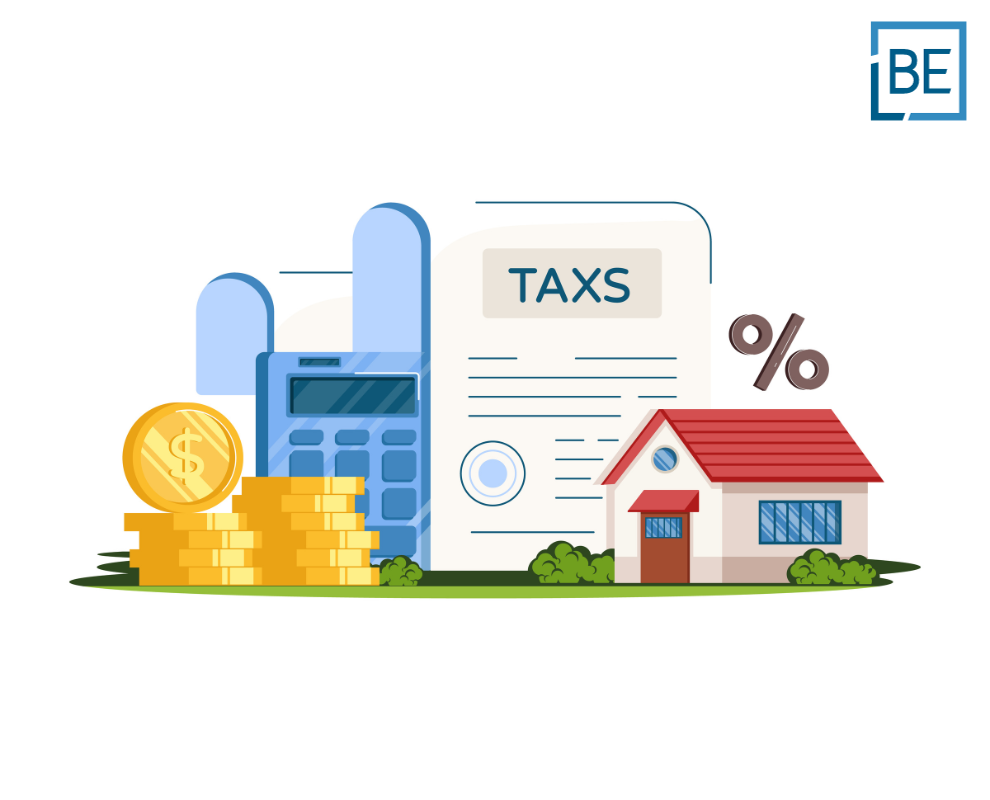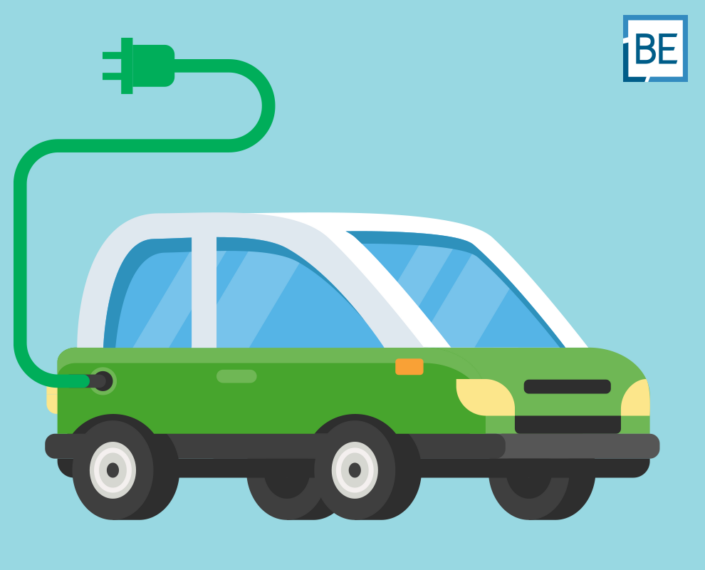tax
Land and Buildings Tax in Thailand: A Comprehensive Guide
26/09/2023
The Land and Buildings Tax is a tax in Thailand that encourages the proper use of land and prevents land hoarding. This tax is imposed on various land use types, including residential and agricultural land. Failure to ensure compliance with this law could result in fines being imposed on the offending party.
This guide will take a closer look at the Land and Buildings Tax in Thailand.
Key points
- Thailand’s Land and Buildings Tax encourages responsible land use, discourages hoarding, and applies to both land and buildings.
- The tax covers agricultural, residential, and other property types, even empty ones.
- The tax amount depends on property value, with rates ranging from 0.15% to 1.2% based on property use and additional rates for unused properties.
- Certain properties like state-owned land and religious assets are tax-exempt, and specific benefits apply based on property type and tax amount.
What is Land and Buildings Tax in Thailand?
The land and buildings tax was introduced in Thailand to promote proper land utilization and prevent land hoarding. It was announced in the Government Gazette on March 12, 2019, and its main objective is to encourage land development, discourage the abandonment of properties, and leave land empty for long periods.
It is important to note that this tax applies to both land and buildings.
Can foreigners own land?
Land ownership as a foreigner in Thailand can often be confusing. Firstly, Foreigners are generally banned from owning land in Thailand but can purchase and own buildings on land. For example, you have a long-term rental agreement for a piece of land, or your Thai Spouse purchases the land in their name, and then any house or building erected on that land could be kept in your name.
No Nationality Restriction
However, it is important to know that Thailand has no restrictions relating to nationality when buying/selling a condo. Therefore, any foreigner can buy and own a condo unit. However, foreigners can only own 49% of the total area of the condos; should this quota already be filled, then no more foreigners can purchase a unit in that development.
Foreigners in Thailand need to be aware of the Land and Buildings Tax as ownership of a condo and or a house (even though it’s built upon rented land) will be subject to this tax
What kind of land/property is subject to the Land and Buildings Tax?
According to Section 37 of the Land and Building Tax Act, the following types of land and buildings are liable for tax payment:
Agricultural land includes land used for livestock (both land and aquatic) and crop farming.
Residential properties: Any property used for residential purposes is subject to the land and buildings tax.
Other purposes: Land and buildings used for purposes other than agriculture and residential are also liable for tax payment.
Land that has been left empty or unused: Properties that are left empty or unused are also subject to the land and buildings tax.
How is the Land and Buildings Tax Calculated?
The property’s assessed value determines the tax base for land and buildings tax. The government authorities assess the value of the land, building, or condominium unit. For properties without an assessed value, the value is determined according to the rules, procedures, and conditions specified in the Ministerial Regulation.
What are the Land and Buildings Tax rates?
The land and buildings tax rates vary depending on the purpose of the property. The maximum tax rates are as follows:
- Agricultural use: 0.15%
- Residential use: 0.3%
- Other use: 1.2%
- Empty or unused: 1.2%
There are also additional rates for empty or unused properties for more than three consecutive years. The additional rate is 0.3% every three years, up to a maximum of 3%. The tax rates depend on the value of the land or building, with different rates applicable to different value ranges.
Are there any exemptions from the Land and Buildings Tax?
There are exemptions available for both types of land and the valuation of land.
Types of land exempt from the Land and Buildings Tax
Under Section 8 of the Land and Buildings Tax Act, certain properties are exempt from tax collection. These include:
- State properties: Properties belonging to the state or state agencies used for state affairs or official public use.
- International organizations: Properties used as offices for the United Nations, specialized agencies of the United Nations, or any other international organization are exempt if Thailand is bound to grant tax exemption under a treaty or agreement.
- Foreign embassies and consulates: Properties used as offices for foreign embassies or consulates are exempt based on the reciprocity principle.
- Religious properties: Properties used for religious activities or public undertakings, dwellings for monks or clergy members, and non-remunerative public graveyards or crematoriums are exempt.
- Charitable organizations: Properties owned by foundations or charitable organizations are exempt.
- Public utility land: Land designated as public utility land under the law on land development is exempt.
- Common assets: Common assets available for common use by co-owners under the law on condominiums are exempt.
- Other exemptions exist for properties owned by individuals and properties used for public interests.
Tax Exemptions and Benefits
Certain exemptions and benefits apply to land and buildings tax. For example:
- Agricultural land used for agricultural purposes may be exempt if the calculated amount of tax owed does not exceed THB 50 million.
- Residential properties owned by individuals listed on the household registration certificate may be exempt if the calculated amount of tax owed does not exceed THB 50 million.
- Individuals-owned buildings for residential use may be exempt if the calculated amount of tax owed does not exceed THB 10 million.
- Various tax exemptions and benefits apply to specific property types, such as religious assets, public graveyards, charitable organization properties, and more.
When and where must the Land and Buildings Tax be paid?
The local government authorities notify taxpayers of the amount of tax to be paid by February of each year. Taxpayers must pay the tax as stated in the notice by April of the same year. The notification includes details such as the list of land or buildings, the appraisal value, the tax rate, and the amount of tax payable.
Tax payments can be made at the following locations:
- Municipality Office for properties in the municipal area
- Tambon Administrative Organization for properties in the Tambon Administrative Organization area
- Khet Office for properties in the Bangkok Metropolitan Administrative area
- Pattaya City Hall for properties in Pattaya
- Other designated local government offices
Failure to pay the land and buildings tax within the specified period can result in penalties and surcharges. The local government organization will send a written warning to the taxpayer with unpaid taxes, requiring payment of the overdue tax, penalty, and surcharge. The penalties for late tax payments are as follows:
- Failure to pay within the specified period: 40% of the overdue tax
- Payment made before receiving the written warning: 10% of the overdue tax
- Payment made within the time specified in the written warning: 20% of the overdue tax
Taxpayers who fail to pay the tax within the specified period are also subject to a surcharge of 1% per month of tax, with a fraction of a month counted as a whole month.
How can Belaws help?
For more information about real estate or taxation in Thailand, why not talk to one of our experts now?
Please note that this article is for information purposes only and does not constitute legal advice.
Our consultations last for a period of up to 1 hour and are conducted by expert Lawyers who are fluent in English, French and Thai.
Consultations can be hosted via WhatsApp or Video Conferencing software for your convenience. A consultation with one of our legal experts is undoubtedly the best way to get all the information you need and answer any questions you may have about your new business or project.
USD 150
Up to 1 hour
Online payment (Paypal or Credit card)
Legal consultation can be conducted in English, French or Thai
Legal consultations are handled by experienced lawyers from the relevant fields of practice
Frequently asked questions
Who is eligible for Thai Elite visa?
To be eligible for the Thailand Elite Visa, you must hold a valid foreign passport, have no deportation record in any country, and not have an overstay record in Thailand. Individuals from countries on the UN Sanction List, such as North Korea and Iran, do not qualify.
What is the 20-year elite visa in Thailand?
The Thailand Elite Visa offers a membership package called “Elite Superiority Extension” with a 20-year visa validity. It provides various benefits for an extended stay in Thailand.
How much does a Thai elite visa cost?
The cost of a Thailand Elite Visa varies based on the membership package. For example, the Elite Easy Access package costs THB 600,000 (approximately 17,000 USD), while the Elite Ultimate Privilege package costs THB 2,000,000 (approximately 57,000 USD).
Is Thai Elite visa worth it?
The Thailand Elite Visa offers a range of benefits, including multiple-entry visas, tax exemptions on foreign income, airport services, and more. Whether it’s worth it depends on your individual needs and preferences for staying long-term in Thailand.
How do I get a 10-year Thai visa?
You can get a 10-year Thai visa through the “Elite Family Alternative” or “Elite Privilege Access” membership packages offered by the Thailand Elite Visa program.
Can I buy a house in Thailand on elite visa?
While Thailand Elite Visa holders cannot work for a company in Thailand, they can engage in other investment activities, such as buying shares, investing in condominiums, or obtaining a driver’s license.
How much is Thailand elite residence?
The membership fees for the Thailand Elite Visa range from THB 600,000 (approximately 17,000 USD) to THB 2,000,000 (approximately 57,000 USD), depending on the chosen membership package.
Thailand retirement visa better than elite visa?
Both the Thailand Retirement Visa and the Thailand Elite Visa cater to different needs. The Retirement Visa is designed for retirees, while the Elite Visa offers a broader range of benefits for long-term stays.
What are the benefits of Thailand Elite visa?
The Thailand Elite Visa offers benefits like multiple-entry visas, tax exemptions on foreign income, airport services, elite personal assistance, limousine service, discounts on leisure activities, opening a bank account, and more.
Can I work in Thailand with a Thai Elite Visa?
No, Thai Elite Visa holders are not allowed to work for any company in Thailand. However, they can engage in other investment activities such as buying shares or investing in property.
Can I upgrade my Thai Elite Visa membership package?
Some membership packages are upgradeable, such as upgrading from the “Elite Easy Access” package to a 10-year or 20-year visa. However, specific upgrade options might vary.
Can I apply for a Thai Elite Visa if I’ve been previously deported from another country?
Applicants must not have a deportation record in any country. It’s important to review the eligibility requirements and consult with Belaws.
Can I bring my family with me under the Thai Elite Visa?
Yes, the “Elite Family Alternative” package, implies the possibility of including family members.
Related articles
Subscribe today
Subscribe today
To our newsletter for all the latest legal news
in South East Asia, Belaws updates and
special promotions on our services.
To our newsletter today for all the latest legal news in South East Asia,
Belaws updates and special promotions on our services.







